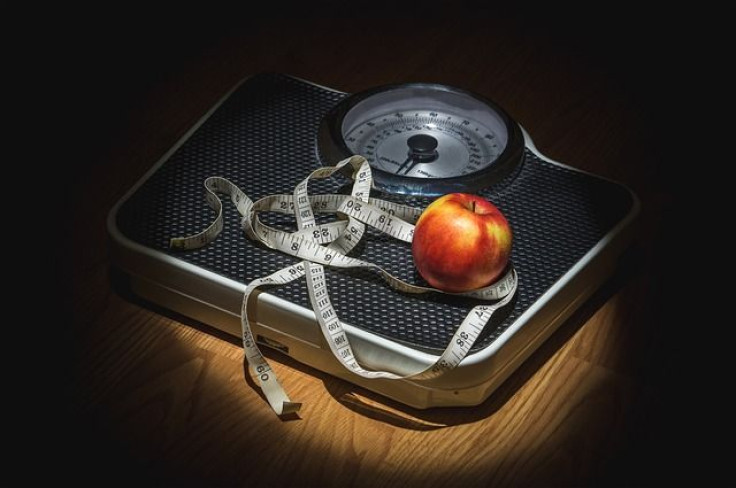Women With More Attractive Husbands May Have Heightened Risk Of Disordered Eating

Having a good-looking spouse may be fun and all, but new research suggests it could also be a strain on your mental health, at least if you’re a straight woman. Married couples in a study from Florida State University were generally happier when the wife was more attractive than her husband. However, if the woman was less attractive than her spouse, she had a greater chance of developing disordered eating.
Women who have husbands that others view as being the more attractive spouse in the relationship may be more likely to develop unhealthy eating habits. On the other hand, men married to more attractive women are not as motivated to diet and lose weight. The findings offer a glimpse into the motivations behind some women’s disordered eating habits, and may lead to new treatment approaches.
Read: Anorexia And Bulimia: Brains Of People With Eating Disorders Communicate Backward ]
"If we understand how women's relationships affect their decision to diet and the social predictors for developing unhealthy eating behaviors then we will be better able to help them," doctoral student and study researcher Tania Reynolds said in a statement."
The study looked at how a spouse’s attractiveness affected an individual's motivation to lose weight or maintain a slim shape. Results showed that having an attractive husband can have negative consequences for some women, “especially if those wives are not particularly attractive," said Reynolds.
The results were based on the responses of 113 newlywed couples mostly in their late 20s and living in the Dallas area. The couple’s attractiveness was evaluated by two teams of undergraduate students that varied in gender and ethnic backgrounds to reduce bias. One team evaluated facial attractiveness while another looked at body attractiveness.
According to Eating Disorders Victoria, disordered eating is a term that refers to a wide range of abnormal eating that can include everything from binge eating and self-induced vomiting, to obsessive calorie counting and misusing laxatives. The different degrees of disordered eating can vary in both the level of severity in the behavior and how often it occurs.
The only things that differentiates disordered eating from an eating disorder is the degree and severity of the behavior, according to Psychology Today. For example, individuals with disordered eating may binge, but they won't do it as often or eat as much as someone with a binge eating disorder.
Disordered eating may harm both an individual’s physical and mental health. However, Reynolds suggests that affirming a woman’s importance in a relationship may prevent her from developing these dangerous eating habits.
"One way to help these women is for partners to be very reaffirming, reminding them, 'You're beautiful. I love you at any weight or body type,'" Reynolds said in a statement. "Or perhaps focusing on the ways they are a good romantic partner outside of attractiveness and emphasizing those strengths: 'I really value you because you're a kind, smart and supportive partner.'"
Source: Reynolds T, Meltzer AL. Adopting a dyadic perspective to better understand the association between physical attractiveness and dieting motivations and behaviors. Body Image . 2017
See Also:
Prevent Obesity, Eating Disorders In Teens By Encouraging A Balanced Lifestyle, Researchers Say
Will I Have Anorexia Or Bulimia My Whole Life? Eating Disorders Study Says Most Women Recover



























